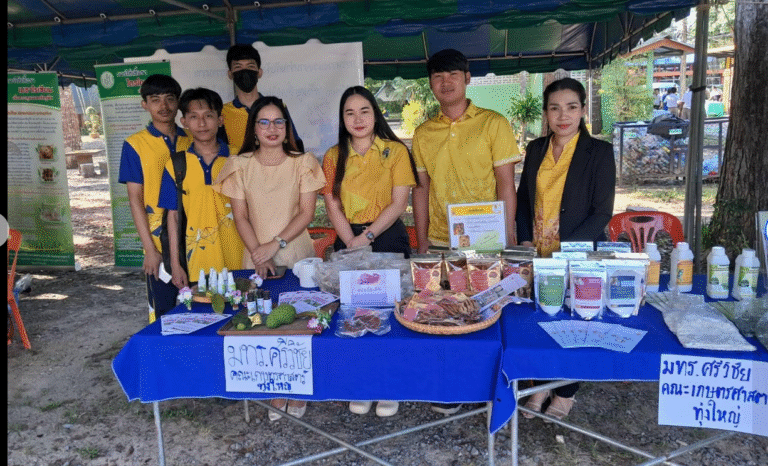Reporters: Asst.Prof.Dr. Prapot Maliwan
Assoc.Prof.Dr. Pornsil Seephueak
Asst.Prof.Dr. Nion Chirapongsathonkul
Asst.Prof.Dr. Worawitoo Meesook
Evidence Date: during 2023 Jan-Dec
Related SDGs:
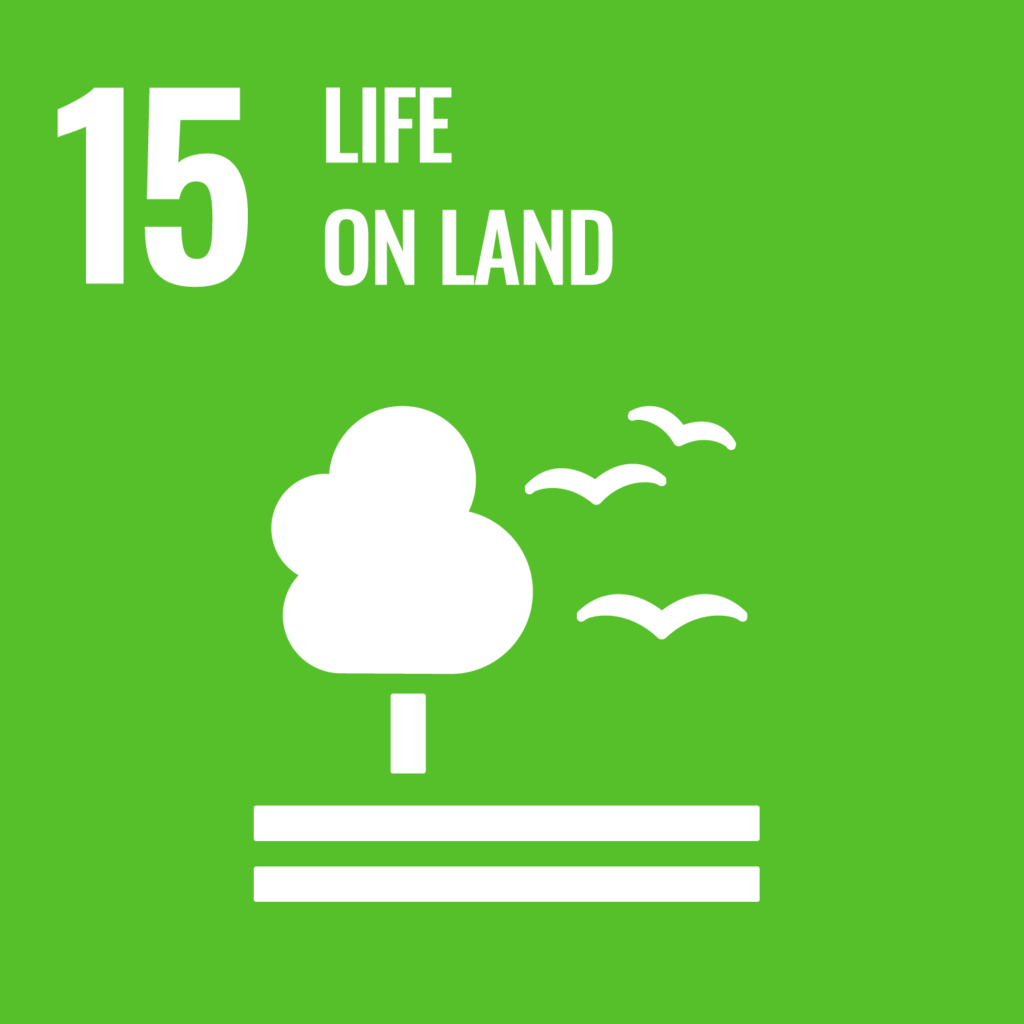
Related Indicators: 15.3.4
Details:
Outreach engagement is a vital component of the Faculty of Agriculture at Rajamangala University of Technology Srivijaya, particularly in educating local communities about sustainable cattle farming practices. On August 4, 2023, faculty members, staff, and students from the Animal Science program welcomed local leaders, council members, and cattle farmers from the Chian Khao sub-district, totaling 50 participants, to a hands-on workshop. This event focused on using Napier grass as a nutritious feed option for cattle, despite its classification as an invasive alien species. By providing practical training on how to prepare concentrated feed, ferment grass, and administer vaccinations, the program promotes responsible cattle management. Participants also learned essential techniques for calving and animal health, which are crucial for improving livestock productivity. Through this outreach, the university aims to empower farmers with knowledge about the benefits and challenges of using Napier grass while addressing its ecological impact. The engagement fosters a collaborative relationship between the university and local agricultural stakeholders, highlighting the importance of sustainable practices. This initiative not only enhances the skills of local farmers but also promotes awareness of invasive species management. Ultimately, the program seeks to create a balance between utilizing beneficial feed options and protecting local ecosystems.
The workshop exemplifies how outreach engagement can bridge the gap between academic knowledge and practical application in local farming communities. By bringing together educators and local cattle farmers, the event facilitated knowledge transfer and shared best practices for animal husbandry. This collaborative approach ensures that farmers are equipped with the latest techniques in cattle care while also considering the environmental implications of their feed choices. The emphasis on using Napier grass for cattle feed provides an opportunity to discuss its dual nature as a valuable resource and an invasive species. Participants engaged in discussions about sustainable alternatives and methods for managing the spread of invasive plants. The university’s efforts in outreach education reflect a commitment to not only enhancing agricultural productivity but also promoting ecological stewardship among local farmers. This holistic approach to outreach ensures that communities are informed and empowered to make sustainable choices. The success of this initiative underscores the potential for agricultural education to drive positive change in local practices, fostering a future of responsible and sustainable farming. Through such programs, the Faculty of Agriculture continues to play a pivotal role in supporting local agricultural development while advocating for environmental responsibility.
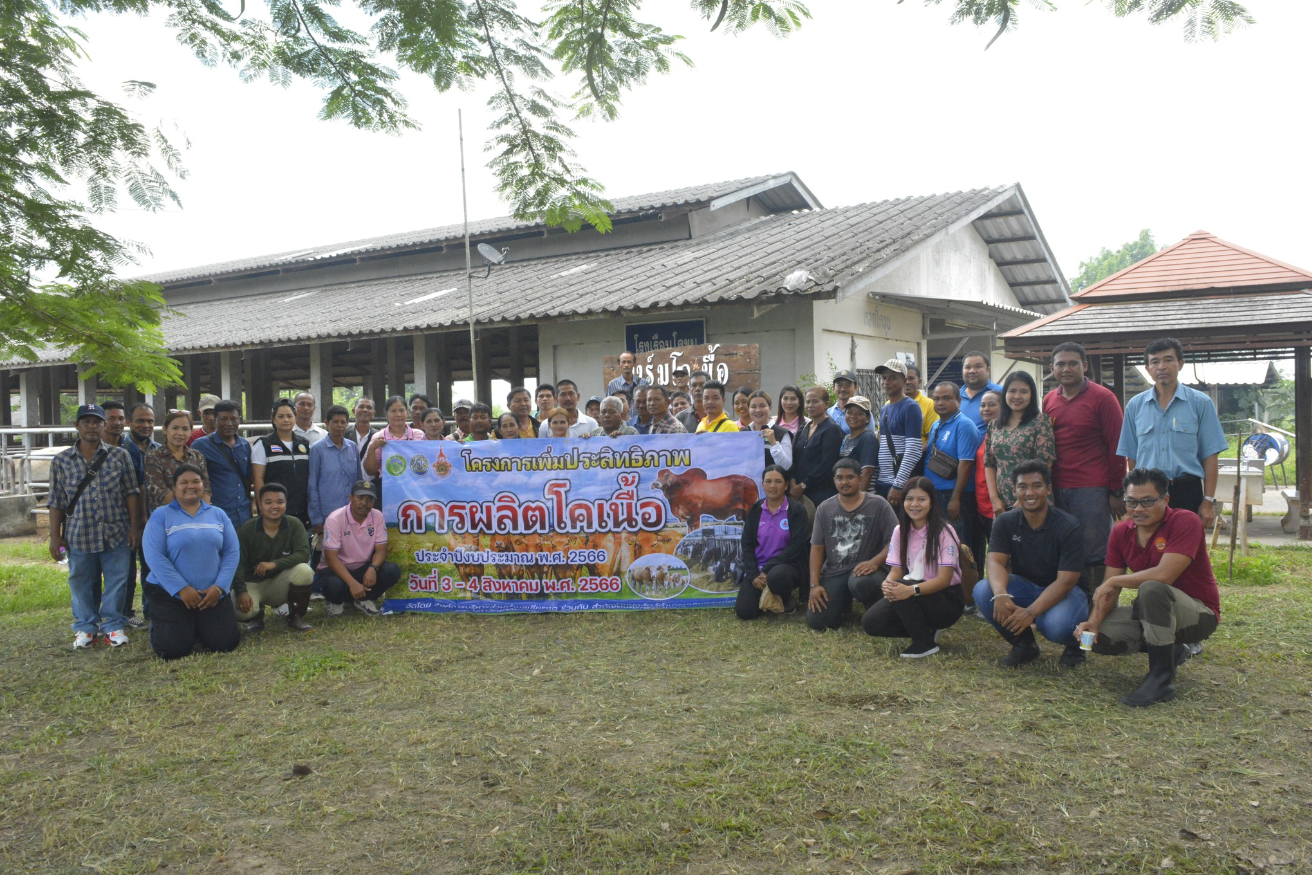
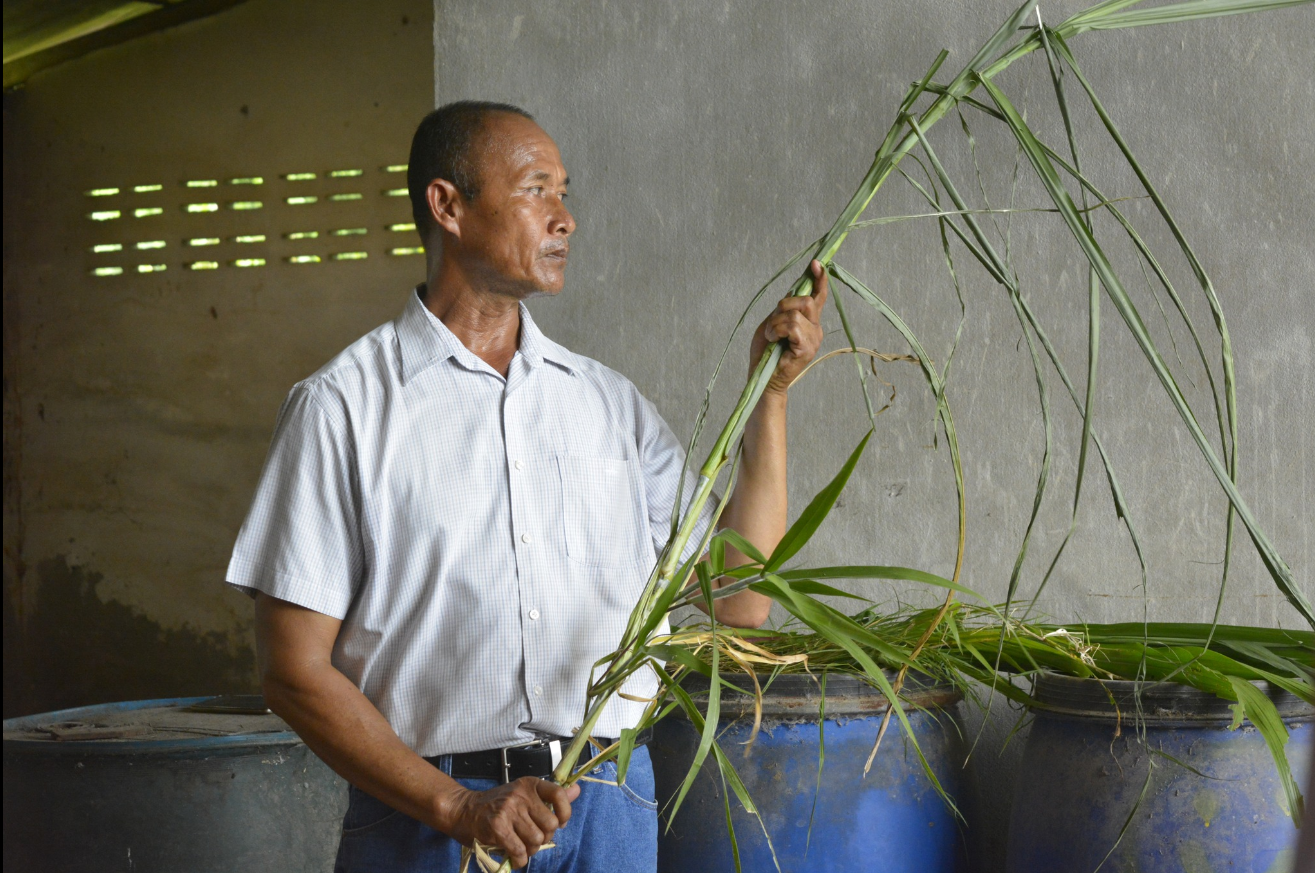
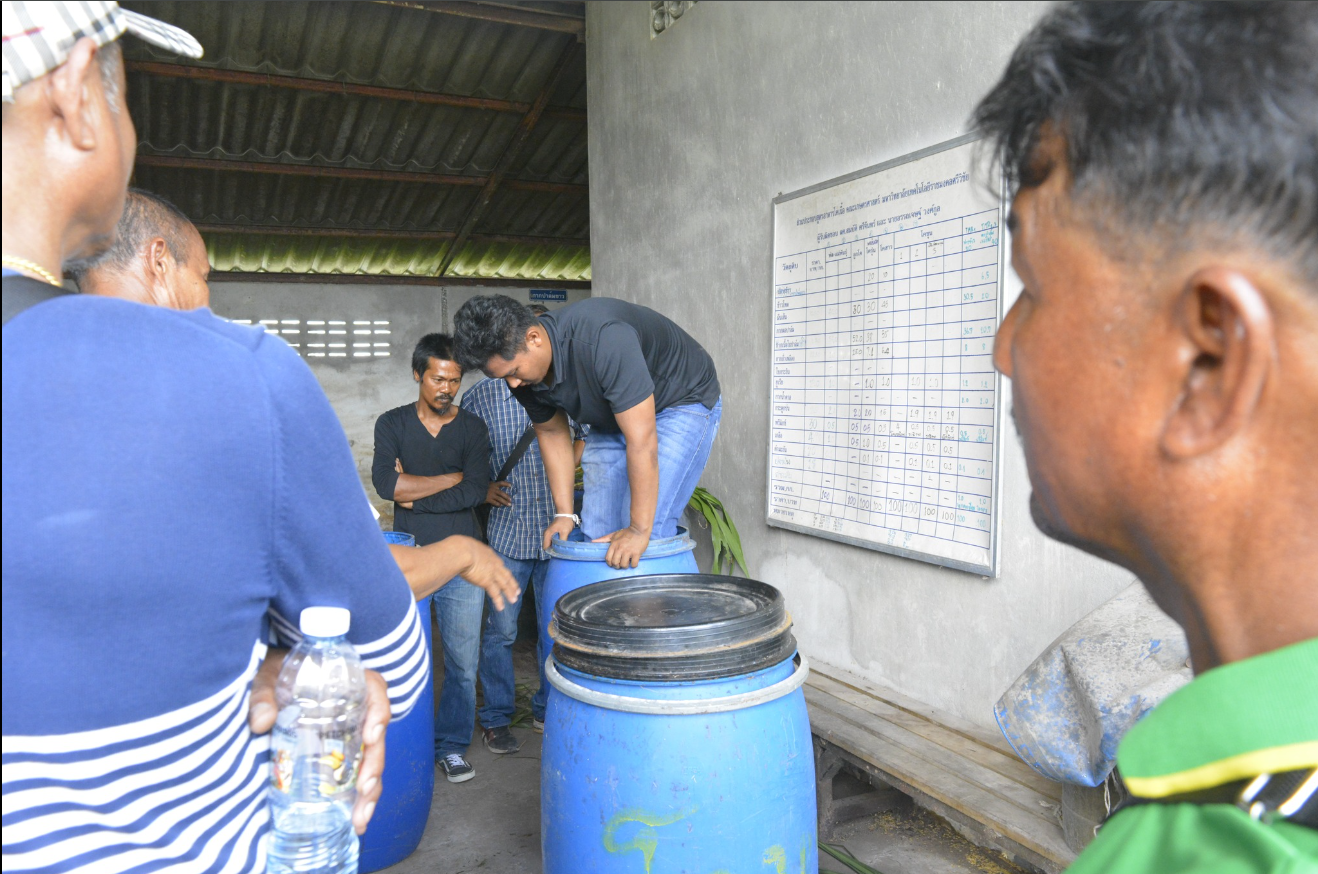
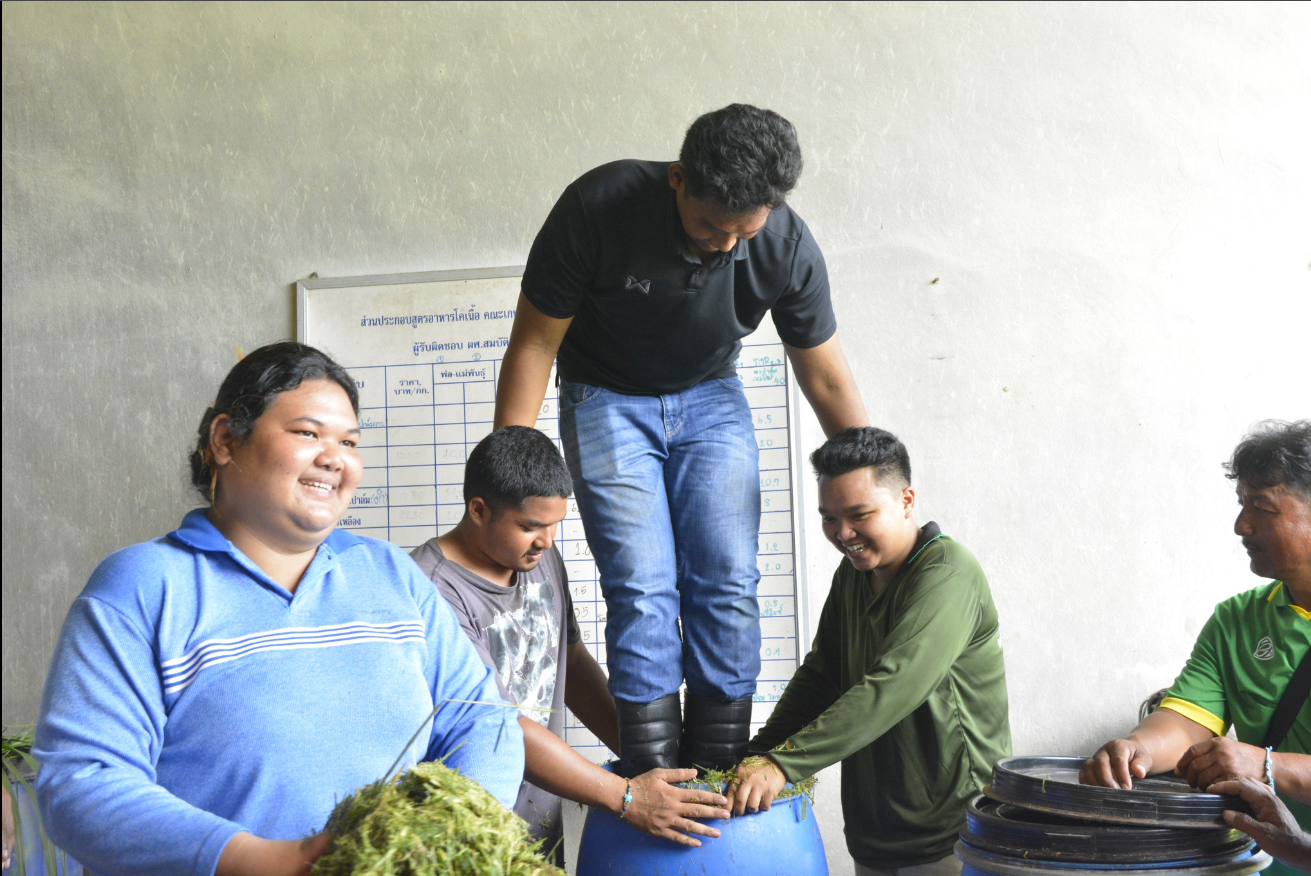
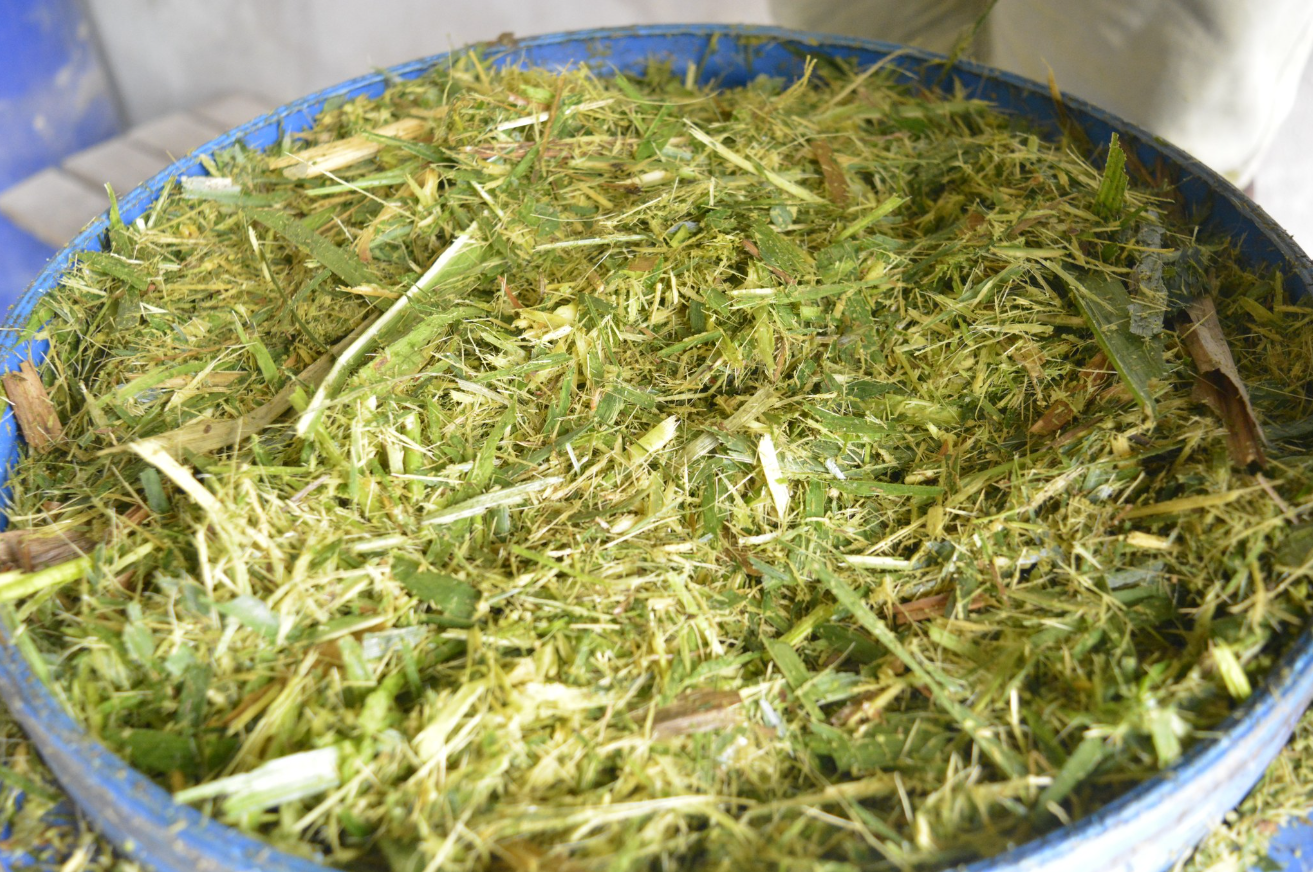
Related Links:



